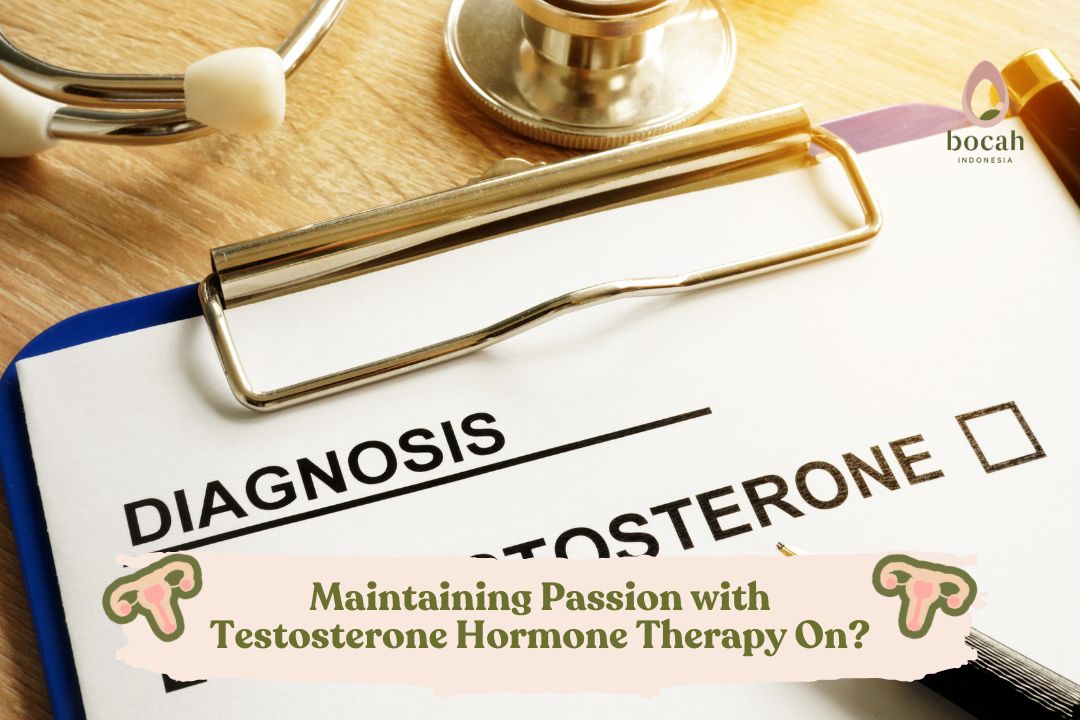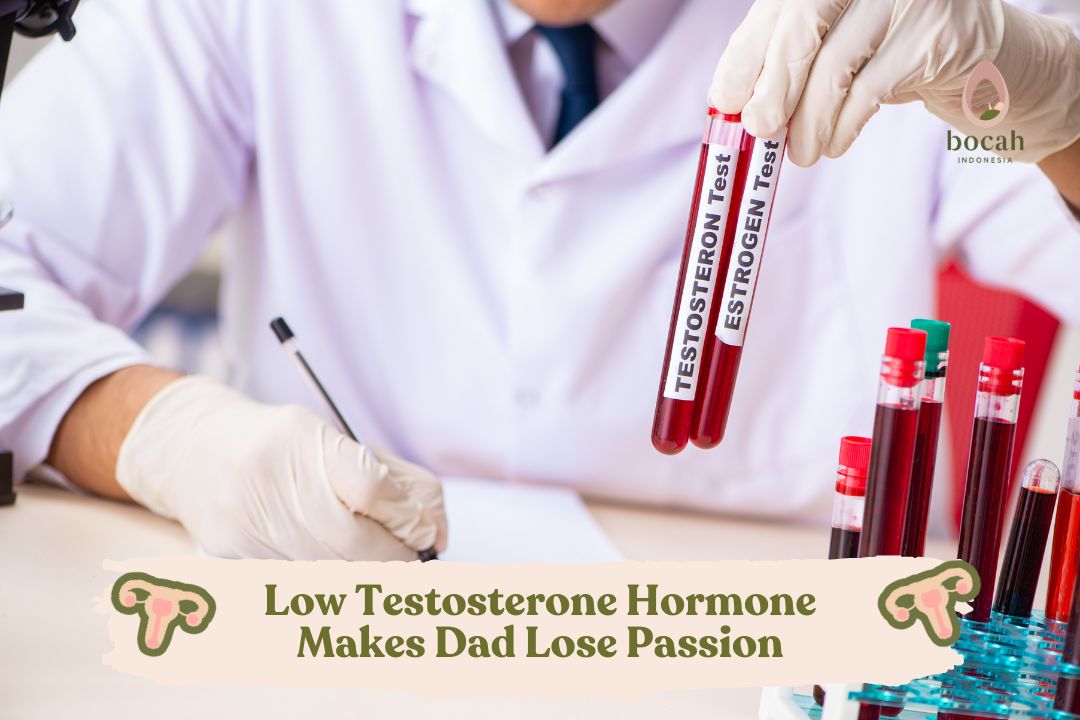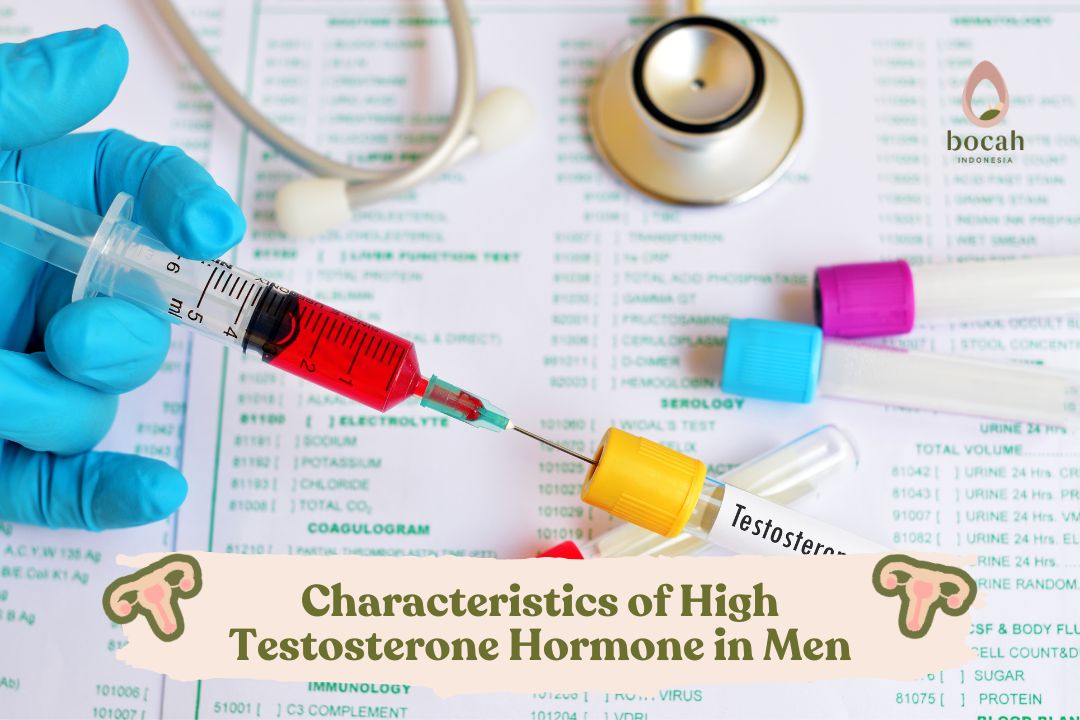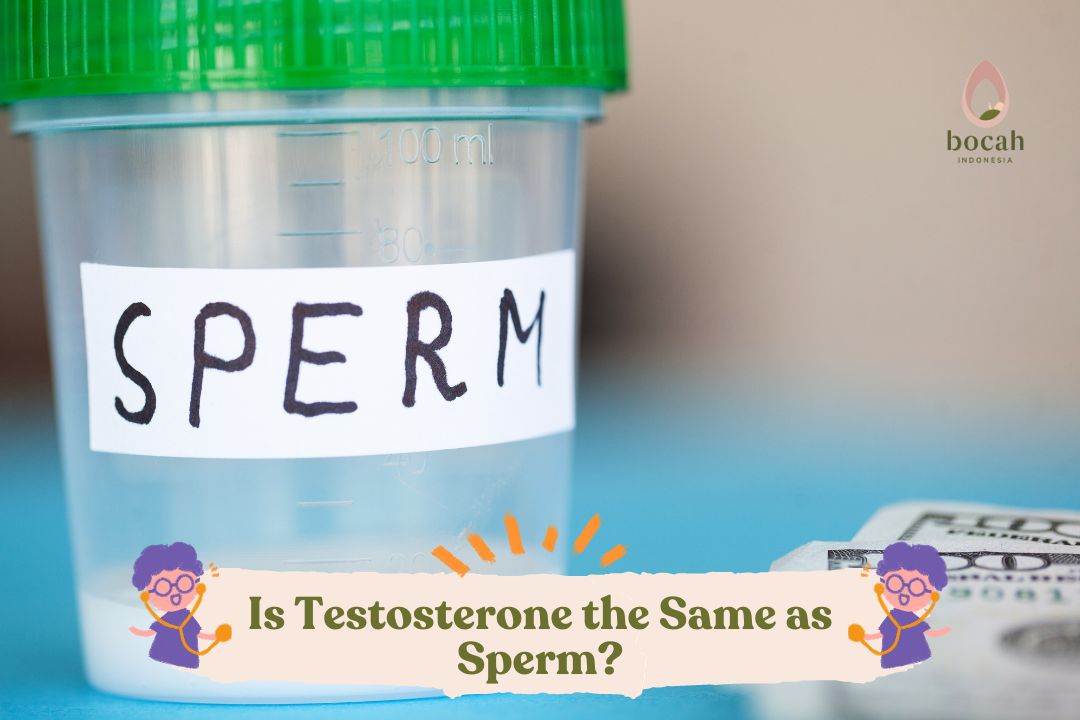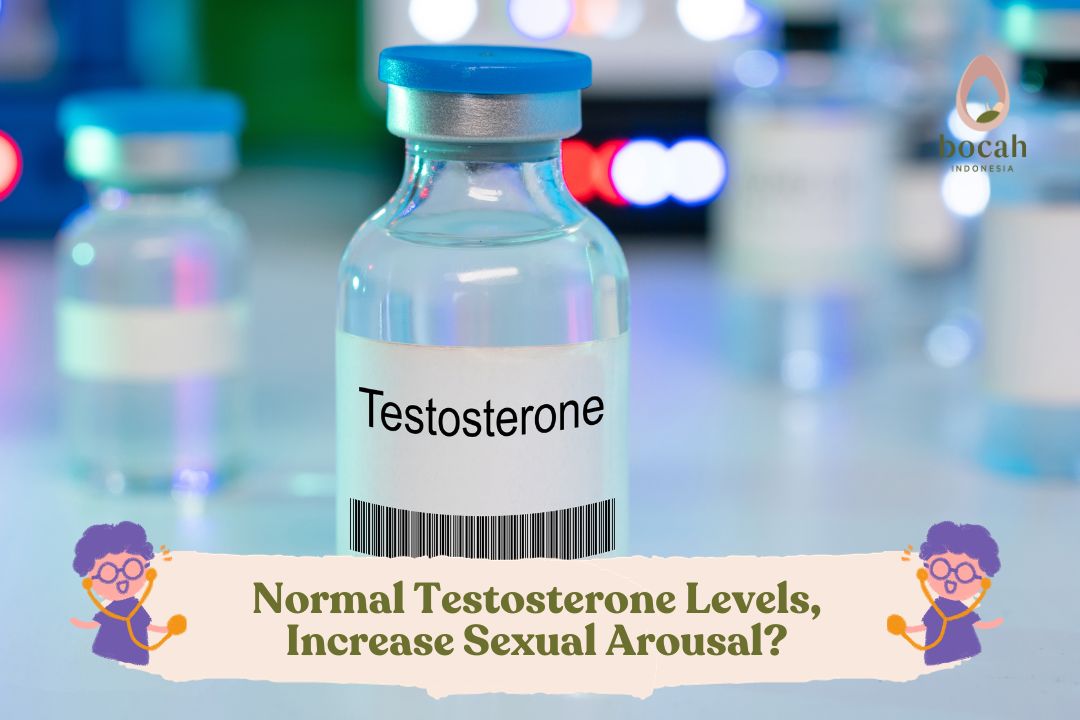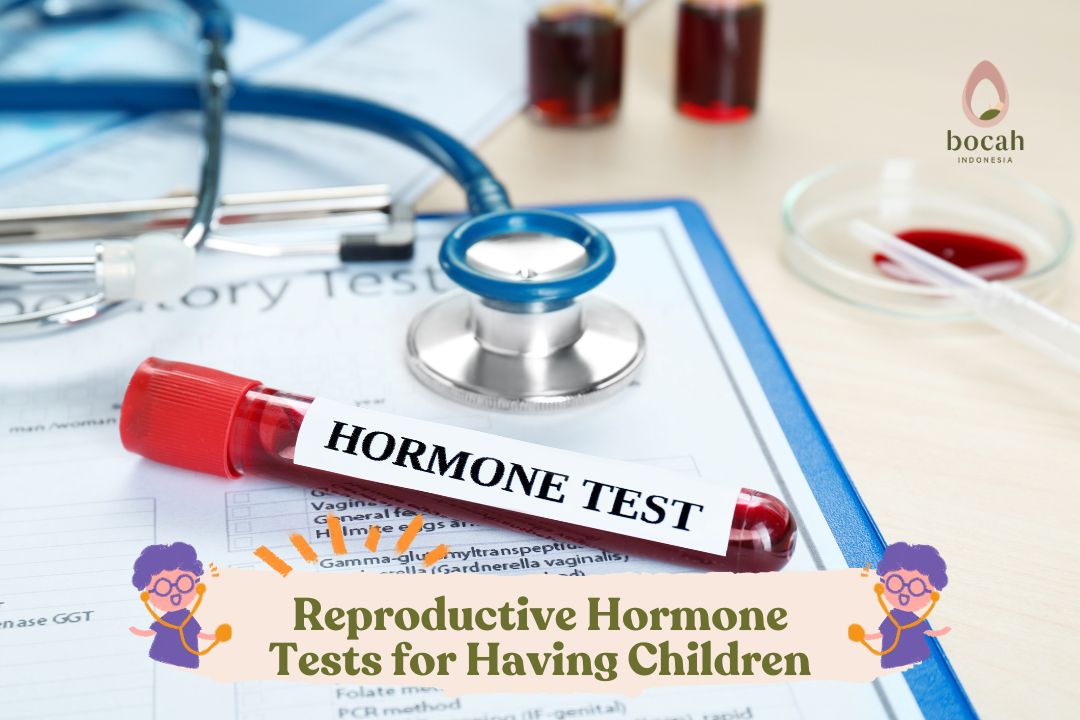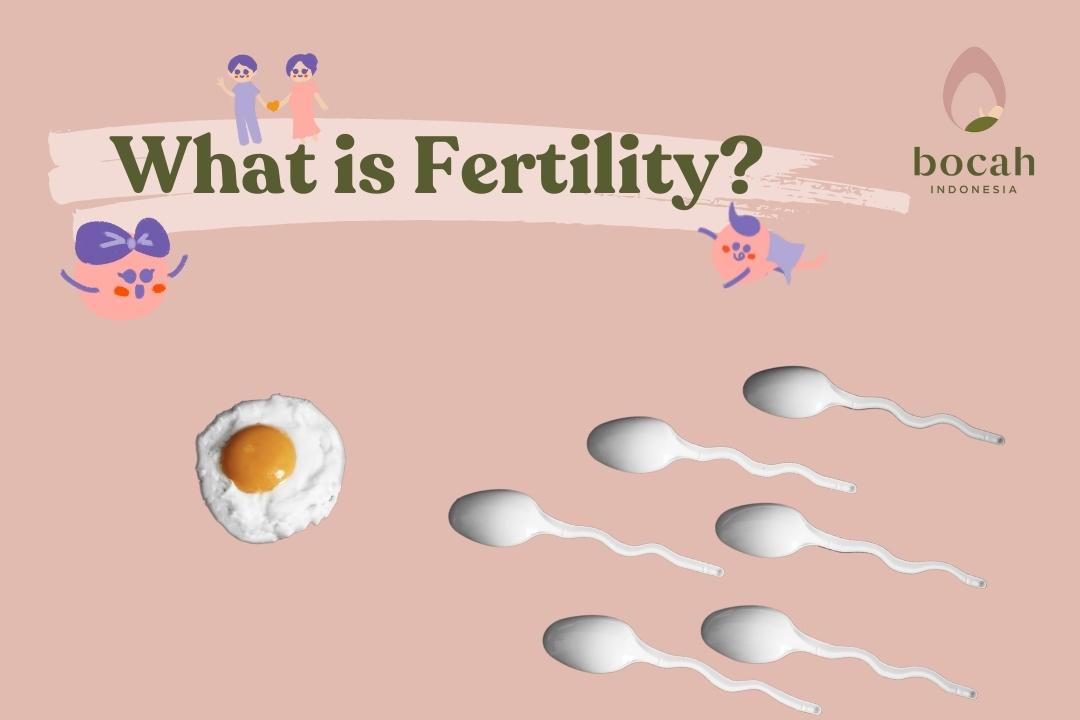Causes of Decreased Testosterone Hormone in Dads
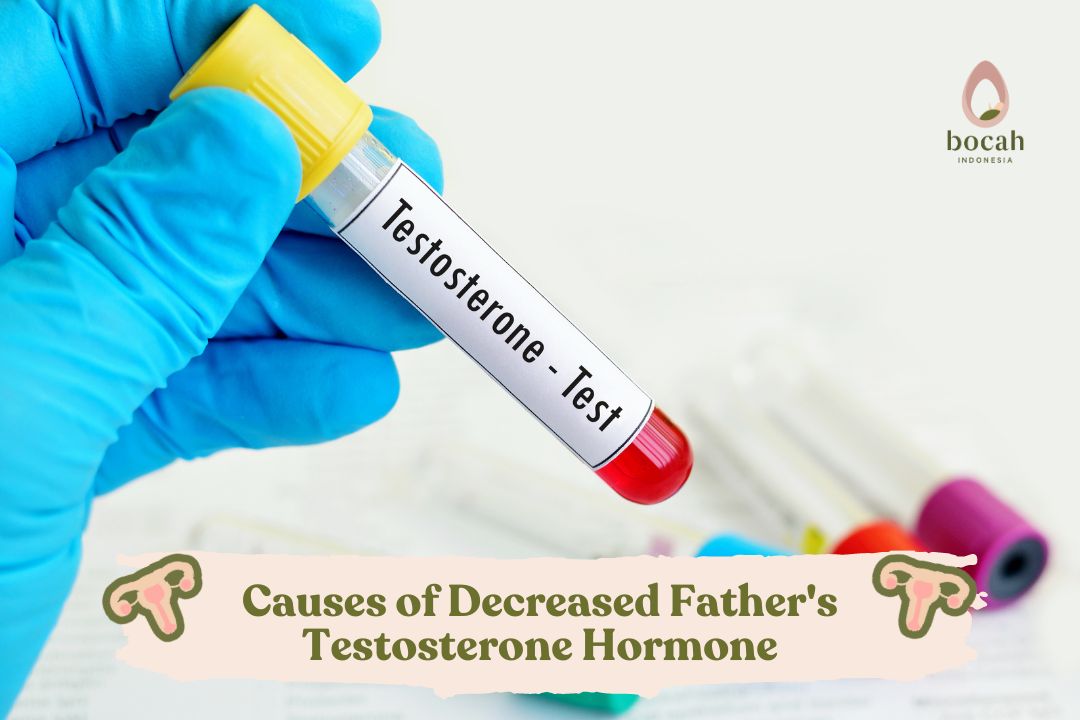
In addition to natural aging, testosterone hormone in dads can also decrease due to various factors. Find out more here.
Low testosterone, also known as hypogonadism, is a condition where the testes do not produce enough testosterone. This condition has several causes, including conditions or injuries that affect the testes, pituitary gland, or hypothalamus.
It’s not just elderly men who are affected by the effects of low testosterone. Young men, even babies and children, can also experience this issue. Find out what causes testosterone hormone to decrease, here.
The Role of Testosterone Hormone in Dads
Testosterone is an important hormone with many roles in the body, especially in men. This hormone is essential for the development and maintenance of reproductive tissues in men, including the testes and prostate. Men’s reproductive health, including sperm production, is also influenced by testosterone. It affects the development of secondary sexual characteristics such as facial and body hair growth and regulates libido and sexual function.
Furthermore, testosterone plays a role in muscle health, bone density, fat distribution, and red blood cell production. It can also impact mood, energy levels, and cognitive function.
Tanya Mincah tentang Promil?
It’s important to note that women also produce a small amount of testosterone, which contributes to bone health, muscle mass, and libido. Imbalances in testosterone levels, whether too high or too low, can lead to various health issues and require medical attention.
Normal Testosterone Hormone Levels
Normal testosterone hormone levels in men are around 300 to 1,000 nanograms per deciliter (ng/dL), with the lowest tolerable value being around 270 ng/dL. This range is crucial for effective diagnosis, treatment, and prevention of hormonal disorders in men.
Regular hormone measurements are important, especially if there are symptoms or specific health issues that may be related to hormonal imbalances. Testosterone hormone tests are best performed in the morning between 7 and 10 am, as testosterone levels in men typically peak during that time.
If test results indicate abnormalities and there are no specific health problems, it is recommended to perform additional tests, as hormone levels can vary from day to day. Consistent testing can provide a more accurate picture of the body’s hormone status.
Low Testosterone Hormone Levels
The American Urology Association (AUA) considers low testosterone levels in the blood to be less than 300 nanograms per deciliter (ng/dL) for adults.
However, some researchers disagree with this and argue that levels below 250 ng/dL are considered low testosterone hormone levels. Low testosterone is more likely to affect individuals who:
Are older.
Are obese.
Have uncontrolled type 2 diabetes.
Experience obstructive sleep apnea.
Have chronic medical conditions, such as kidney dysfunction or liver cirrhosis.
Have HIV/AIDS.
Causes of Low Testosterone Levels
There are several possible causes of low testosterone. Two types of hypogonadism in men are:
Primary hypogonadism (disorders of the testes).
Secondary hypogonadism (dysfunction of the pituitary/hypothalamus glands).
The causes of primary and secondary hypogonadism are further categorized as congenital (present from birth) or acquired (developed later in childhood or adulthood).
Primary Hypogonadism (Disorders of the Testes)
Congenital Conditions (Present from Birth)
Absent testes from birth (anorchia).
Undescended testes (cryptorchidism).
Hypoplasia of Leydig cells (incomplete development of Leydig cells in the testes).
Klinefelter syndrome (a genetic condition with an extra X chromosome: XXY instead of XY).
Noonan syndrome (a rare genetic disorder that can cause delayed puberty, undescended testes, or infertility).
Myotonic dystrophy (progressive muscle weakness).
Acquired Conditions:
Injury or removal of the testes.
Orchitis (inflammation of one or both testes, often caused by bacterial or viral infections such as mumps).
Chemotherapy or radiation therapy to the testes.
Certain types of tumors.
Use of anabolic steroids.
Secondary Hypogonadism (Disorders of the Hypothalamus/Pituitary)
Congenital Conditions (Present from Birth):
Isolated hypogonadotropic hypogonadism (a condition causing low gonadotropin hormone levels from birth).
Kallmann syndrome (a rare genetic condition causing the absence of nerve cell development in the hypothalamus that produces gonadotropin-releasing hormone and can lead to loss of smell).
Prader-Willi syndrome (a rare multisystem genetic disorder that can cause hypothalamic dysfunction).
Acquired Conditions:
Hypopituitarism (pituitary gland dysfunction that can be caused by adenomas, infiltrative diseases, infections, injuries, radiation therapy, or surgery).
Hyperprolactinemia.
Excess iron (hemochromatosis).
Head or brain injury.
Cushing’s syndrome.
Liver cirrhosis.
Kidney failure.
HIV/AIDS.
Excessive alcohol use.
Poorly controlled diabetes.
Obesity.
Obstructive sleep apnea.
Use of certain drugs, including estrogen, psychotropic drugs, metoclopramide, opioids, leuprorelin, goserelin, triptorelin, and newer androgen biosynthesis inhibitors for prostate cancer.
Factors Leading to Decreased Testosterone Hormone
There are several habits or lifestyle factors that can contribute to decreased testosterone hormone in men. Here are some of them:
Lack of Sleep
Lack of sleep or poor-quality sleep can lead to decreased testosterone production. It’s important for men to ensure they get enough sleep every night.
Excessive Stress
Chronic stress can increase cortisol levels, the stress hormone, which in turn can suppress testosterone production. Men should strive to manage stress through relaxation techniques, exercise, or enjoyable activities.
Lack of Physical Activity
Regular exercise and physical activity can help maintain hormone health, including testosterone. Regular physical activity can help prevent decreases in testosterone levels.
Environmental Pollution
Exposure to hazardous chemicals in everyday environments, such as air pollutants or chemicals in household products, can contribute to a decrease in testosterone levels.
Excessive Alcohol Consumption
Excessive alcohol consumption can damage the Leydig cells that produce testosterone in the testes. Therefore, it is advisable for men to limit alcohol consumption to maintain healthy testosterone levels.
Lack of Nutrient Intake
Incomplete nutrition, especially zinc and vitamin D, can affect testosterone production. Make sure to have a balanced diet that includes the necessary nutrients.
Obesity
Excess weight or obesity is associated with increased estrogen levels and decreased testosterone levels in men. Maintaining a healthy weight can help balance hormones.
Smoking
Smoking can damage blood vessels and impair vascular health, which can affect blood flow to sexual organs and reduce testosterone production.
Excessive Sugar Consumption
High-sugar foods can contribute to insulin resistance, which can affect testosterone levels. Limiting sugar and simple carbohydrate consumption can be beneficial in maintaining testosterone levels.
Lack of Sun Exposure
Vitamin D, produced by the body when exposed to sunlight, is essential for hormone health, including testosterone. Lack of sun exposure can lead to vitamin D deficiency.
Exposure to Bisphenol-A (BPA)
BPA is a chemical compound often found in plastics, and excessive exposure can be associated with a decrease in testosterone levels. Check your water bottles and food containers to see if they are BPA-free or not.
It’s important to note that these habits may not always be the cause of decreased testosterone levels. If you have concerns about your testosterone levels, it is recommended to consult a doctor for further evaluation.
For parents-to-be, read more information about fertility, pregnancy programs, and in-vitro fertilization programs exclusively at Bocah Indonesia.


